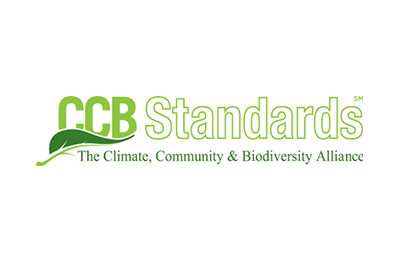This project protects a large swath of rainforest in the Congo Basin by encouraging sustainable agricultural practices and reducing deforestation. By advancing education, healthcare, and economic opportunities, the project also improves the quality of life of local communities.
Where & Why
The Isangi Territory lies at the heart of the Congo River Basin, where the Congo and Lomami Rivers meet. The Congo Basin is home to the world’s second-largest tropical forest. This rich ecosystem teems with biodiversity including 14 types of primates, critically endangered forest elephants, and over 700 species of native trees. Tropical rainforests, such as those in the Isangi Territory, have a tremendous ability to act as carbon sinks. But in order to perform this vital ecological role, these forests must remain standing.
The forests within the Isangi Territory are also home to more than 30 tribal villages. Poverty is an issue within these communities which struggle due to malnutrition, limited medical care, and sparse educational opportunities. As the local population grows and food needs increase, forests in the area are under increasing pressure. Large swathes of tropical forest are chopped or burned down, primarily to make way for subsistence agriculture. In addition to losing their habitat, the wildlife species that reside in the forest are also threatened from bushmeat hunting. If existing farming practices continue there will be further deforestation and loss of biodiversity.
How & Who
This project protects 187,000 hectares of primary rainforest in Isangi Territory. It prevents CO2 emissions by halting logging within the project area and reducing the amount of forest that is converted into farmland. The project helps farmers adopt sustainable agricultural practices by teaching them new skills and providing the necessary seeds and resources. These new techniques will enable farmers to produce more crops on their existing land, thus reducing the need to clear additional forest area. Since 2009, 10 million metric tons of CO2e have been sequestered.
By avoiding deforestation, the project not only mitigates climate change, but also conserves precious rainforest habitat and protects local biodiversity. The project also reduces threats to endangered species by introducing tilapia farming as an alternative to hunting.
The project helps to alleviate poverty and improve the well-being of the 150,000 people that inhabit the region. Along with supporting food production, the project promotes economic development by creating local jobs and providing funding to new small-scale businesses. The project also supports the education of over 3,000 elementary school students and improves public health practices.
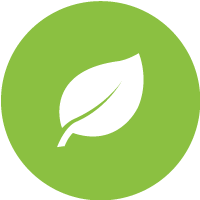
Environmental Benefits
- Mitigates climate change by preventing deforestation
- Conserves wildlife habitat
- Protects endangered species and native trees

Community Benefits
- Promotes sustainable economic opportunities
- Provides skills training for local villagers
- Supports sustainable food production
- Increases access to quality education
- Improves local healthcare
Project Type

Forests
Location
Annual CO2 Reduction
672,224 metric tons CO2e
SDGs Supported
Verification Standard
Project Developers
Jadora & SAFBOIS
Project Documents
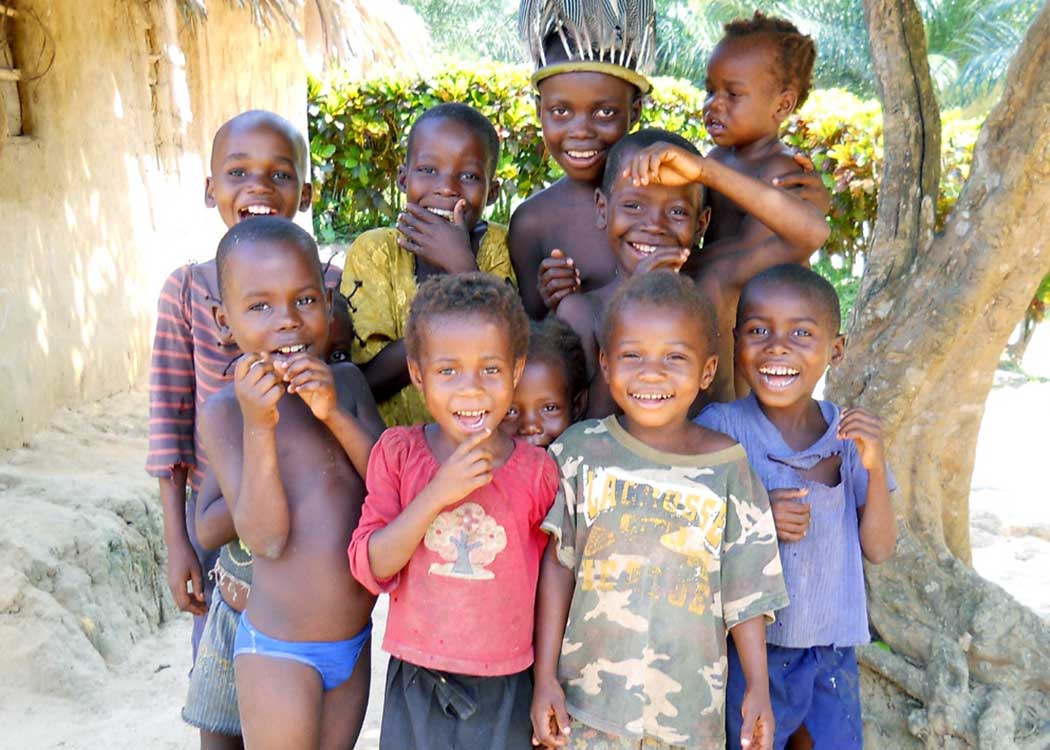
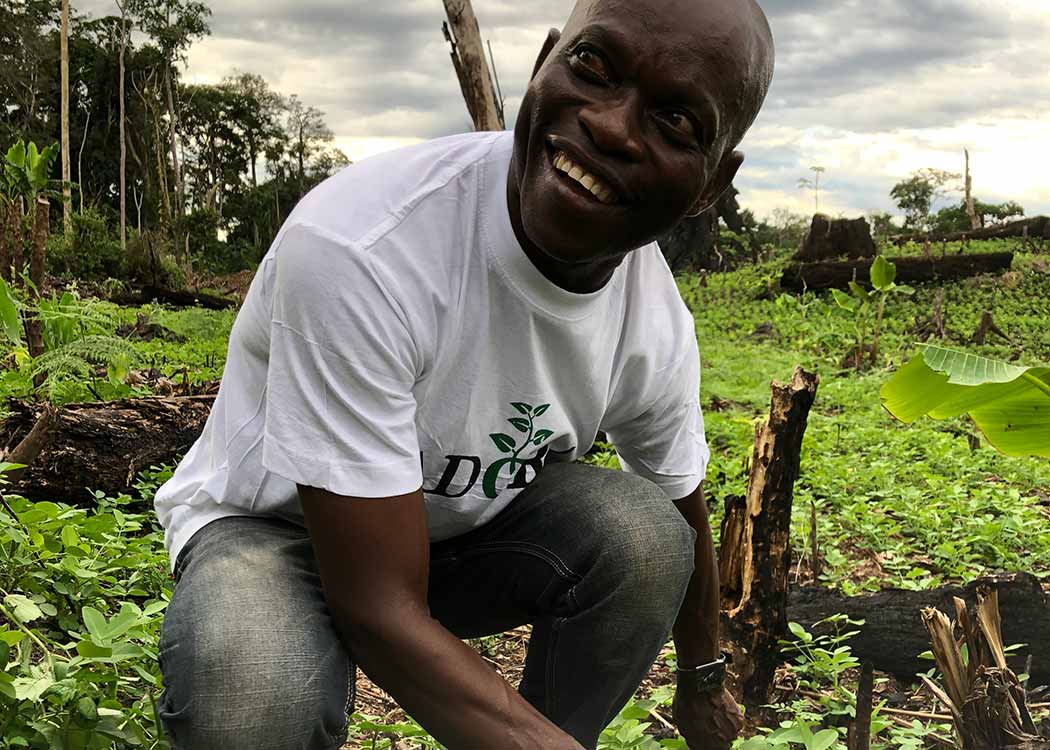
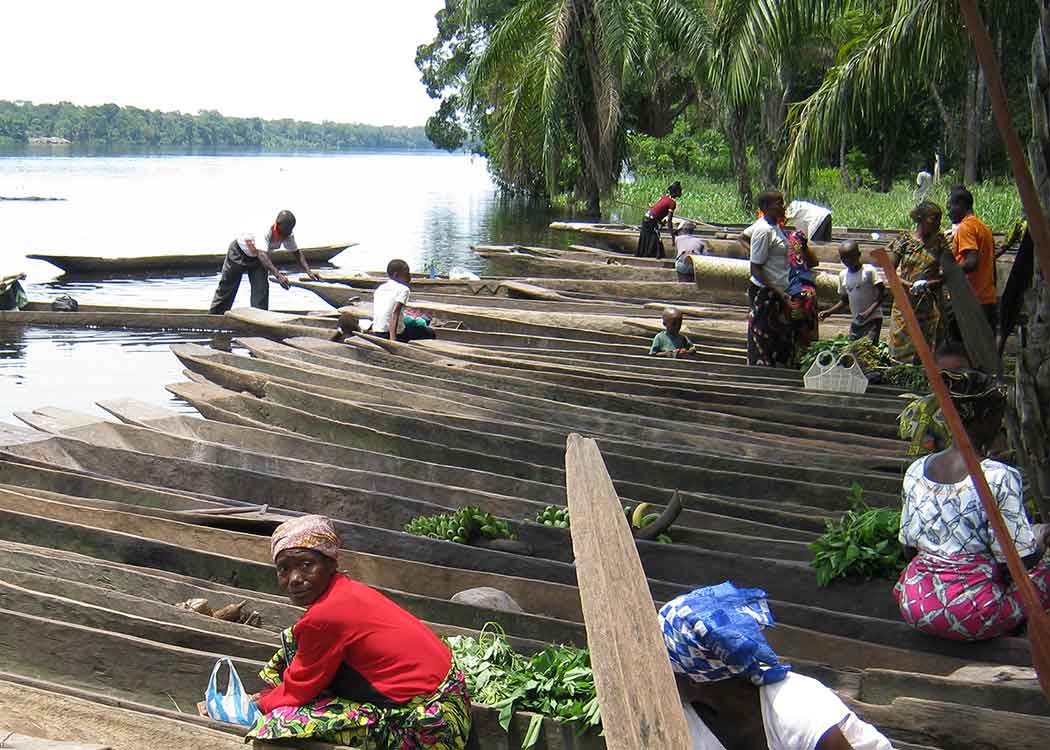
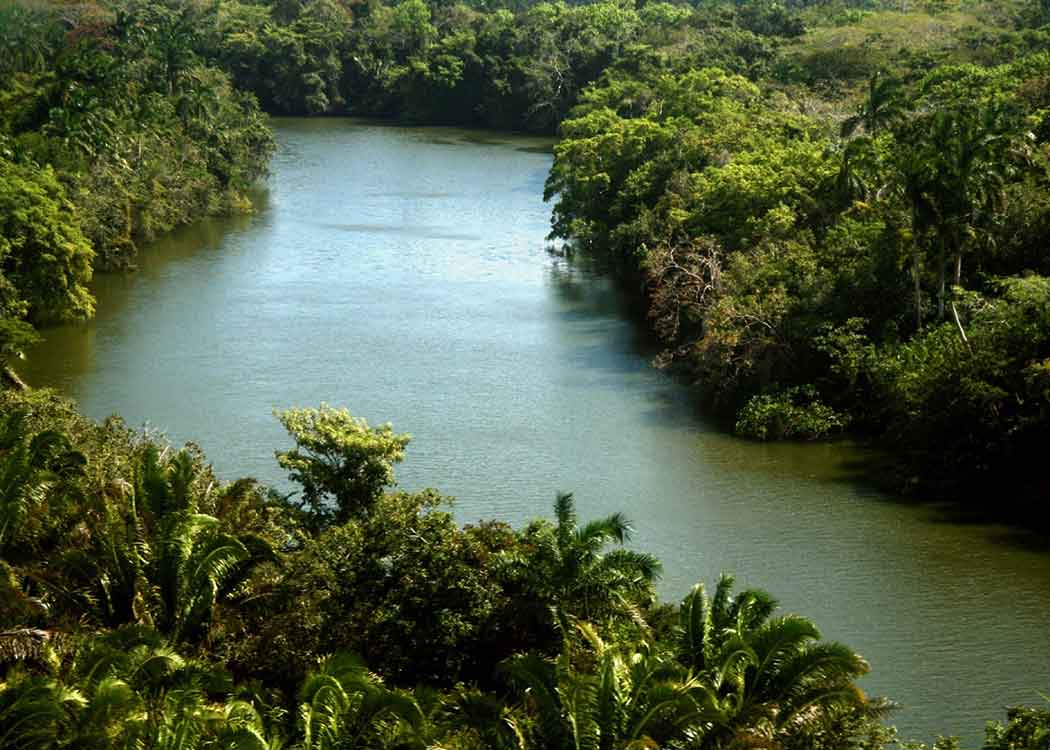
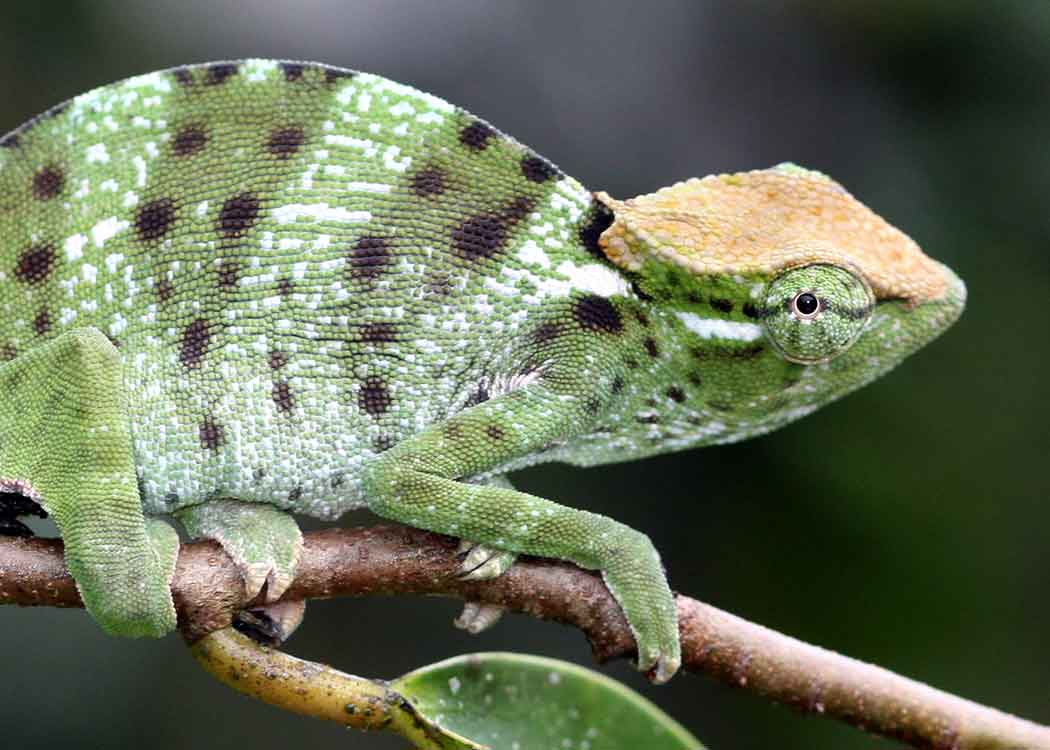
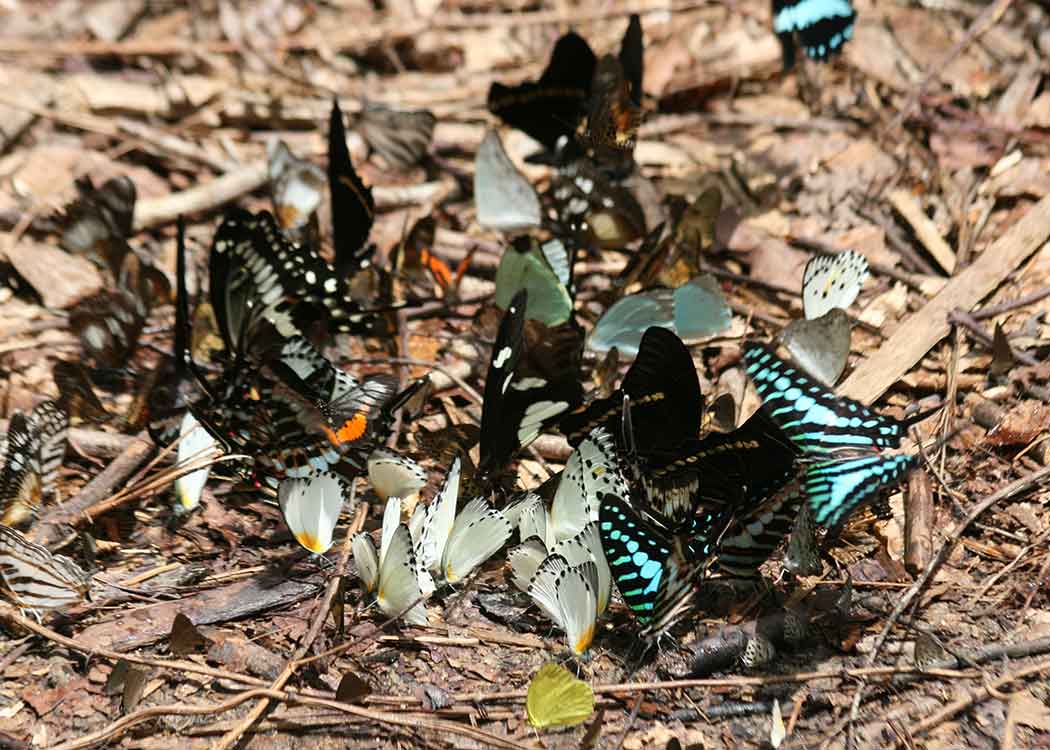
Offset your Travel Footprint
Calculate and offset the carbon footprint of your flight in seconds via our online carbon calculator! Already know your carbon footprint? Click the option to “offset now.”











